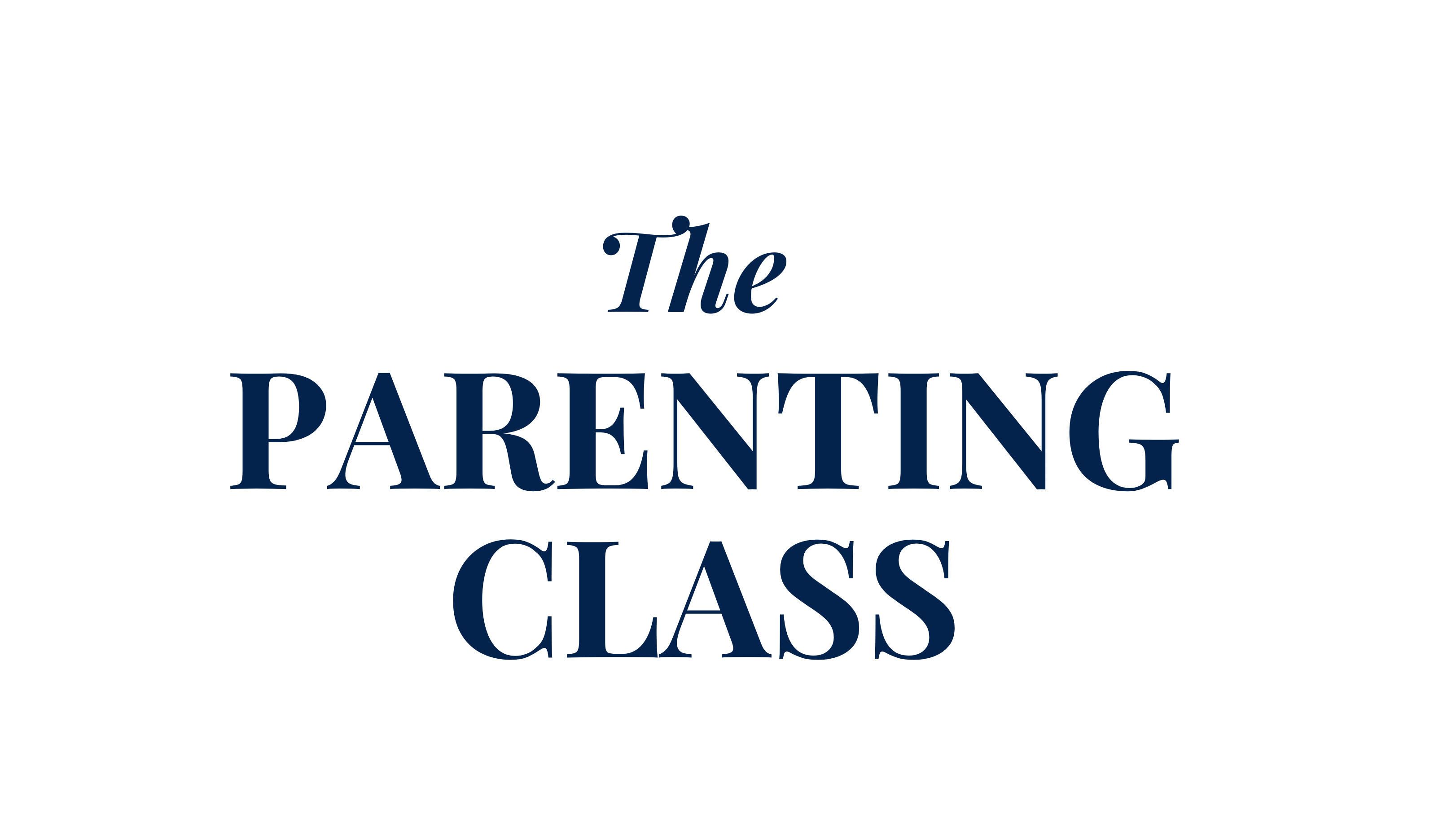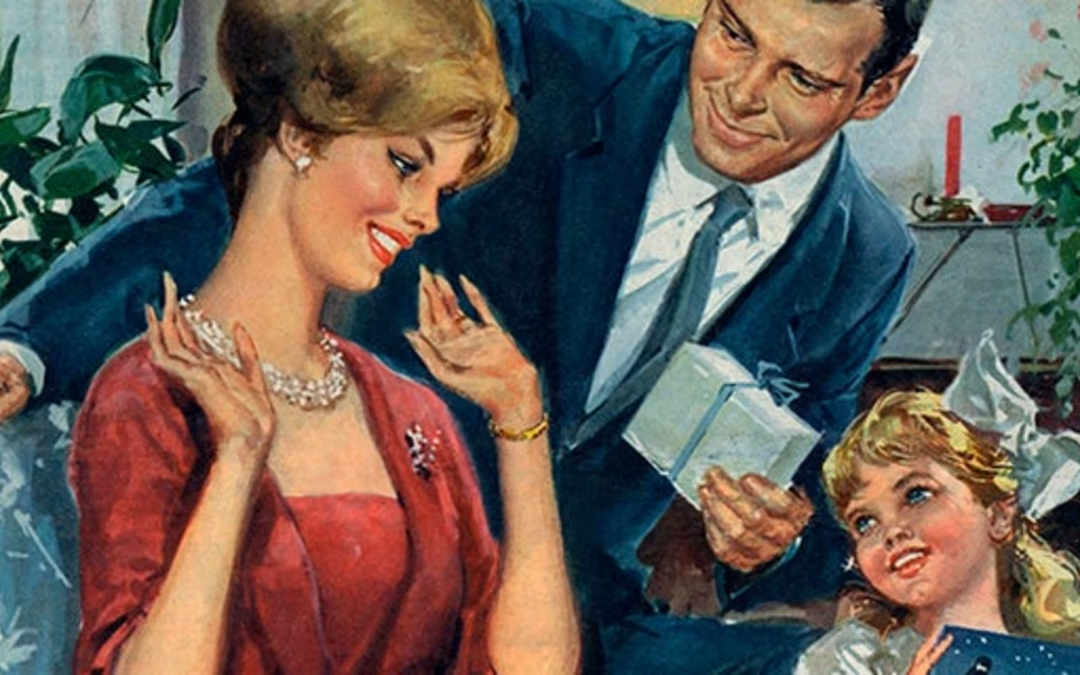For most of human history, mothers didn’t raise children alone. They did it in community – with grandmothers, aunts, neighbors, older children, and partners sharing the work. Raising a child wasn’t a private job; it was a public responsibility.
But sometime in the last century, that all changed. Mothers were pulled into small nuclear homes, isolated from extended families and communities, and told: This is your role. This is your gift. This is your duty.
And if they struggled? They were told something was wrong with them.
But the truth is, nothing was wrong with mothers. Something was wrong with the system.
The Myth of the Happy Housewife
After World War II, millions of women who had worked in factories and offices were pushed back into the home. And in order to make that shift palatable, advertisers, government policy, and media launched a full-scale campaign to rebrand unpaid domestic work as a sacred, fulfilling calling.
Thus was born the image of the 1950s housewife: always smiling, always thin, always serving.
She vacuumed in heels. She set the dinner table in lipstick. She was the first up and the last to sleep. And through it all, she asked for nothing.
But behind that image was a very different reality.
Drugged into Silence
By the 1960s, it was clear that many mothers were not okay.
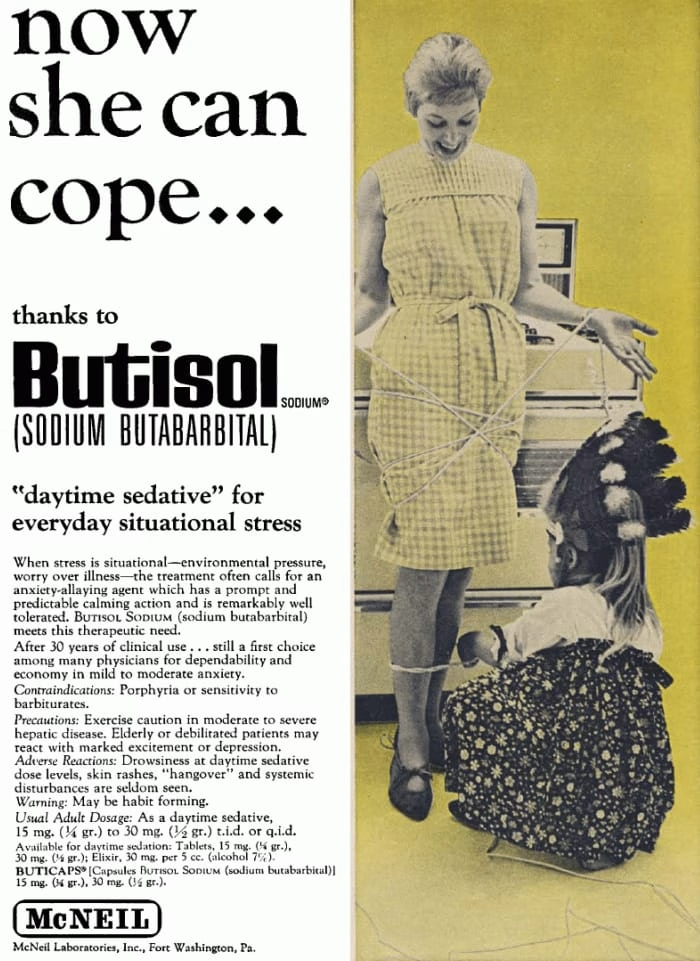
Rates of depression and anxiety surged among American housewives. Psychologists and sociologists began documenting what Betty Friedan famously called “the problem that has no name”: a deep, gnawing despair among women who had done “everything right” and still felt hollow.
But instead of asking why, the system offered a faster solution: medicate the pain away.
- Valium (diazepam) was introduced in 1963 and quickly became the most prescribed drug in America by the early 1970s—especially for women.
- Librium (chlordiazepoxide) came before it, sold as a cure for “housewife syndrome.”
- These drugs were marketed under gentle names like “Mother’s Little Helper”—even glamorized in pop culture by The Rolling Stones’ 1966 song.
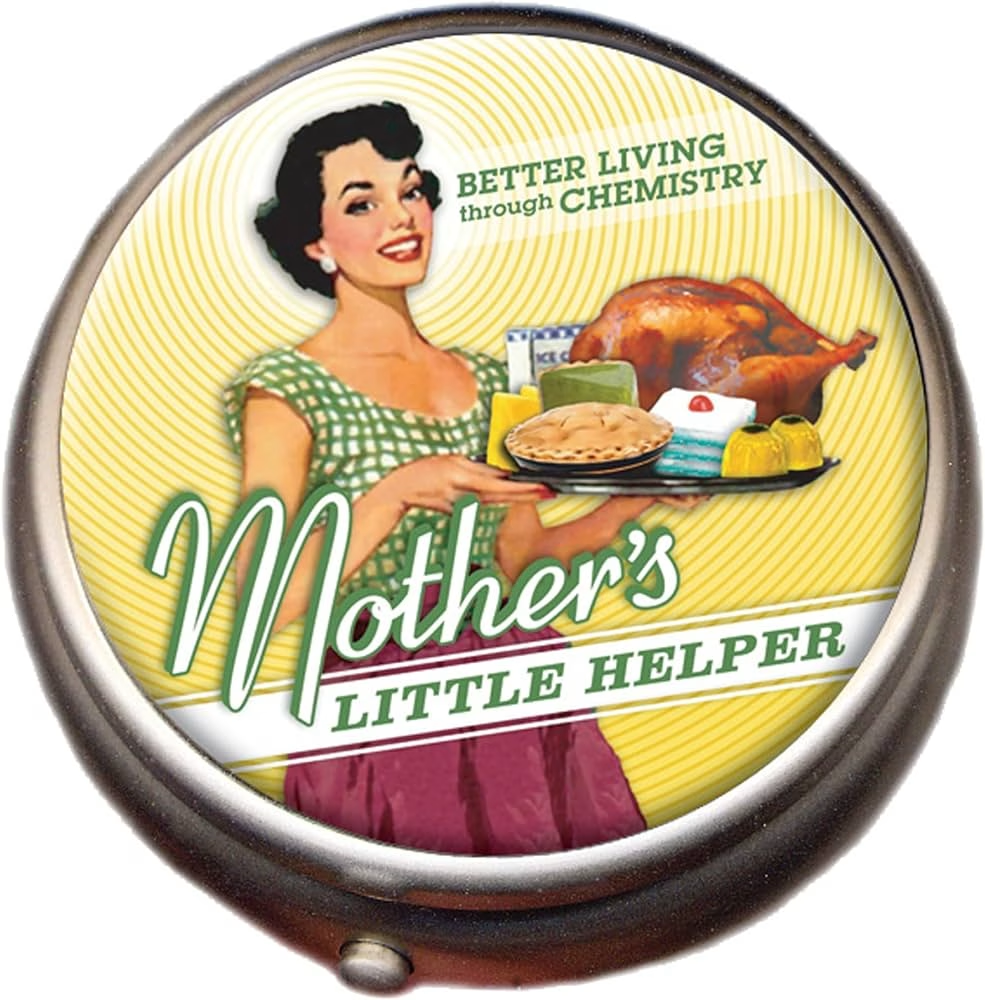
Rather than supporting mothers, society drugged them into silence.
And it didn’t stop there.
Women were also routinely prescribed amphetamines—not just for “mood,” but for weight loss and energy. Because not only did mothers have to do everything… they had to look good doing it.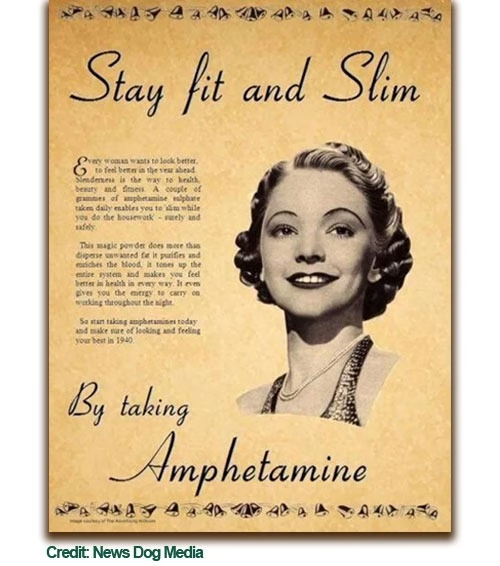
Doctors handed out speed as casually as candy, and Big Pharma profited off of every exhausted mother who was trying to stay thin, awake, and sane—alone.
This wasn’t support. This was emotional control.
The system didn’t care about mothers’ well-being. It cared that the laundry was folded, the meals were cooked, and the children were well-behaved. So long as the unpaid labor kept flowing, the economy could keep spinning.
Capitalism doesn’t need mothers to thrive. It just needs them to function.
Capitalism Needs Unpaid Care Work. That’s Why It Keeps You Isolated.
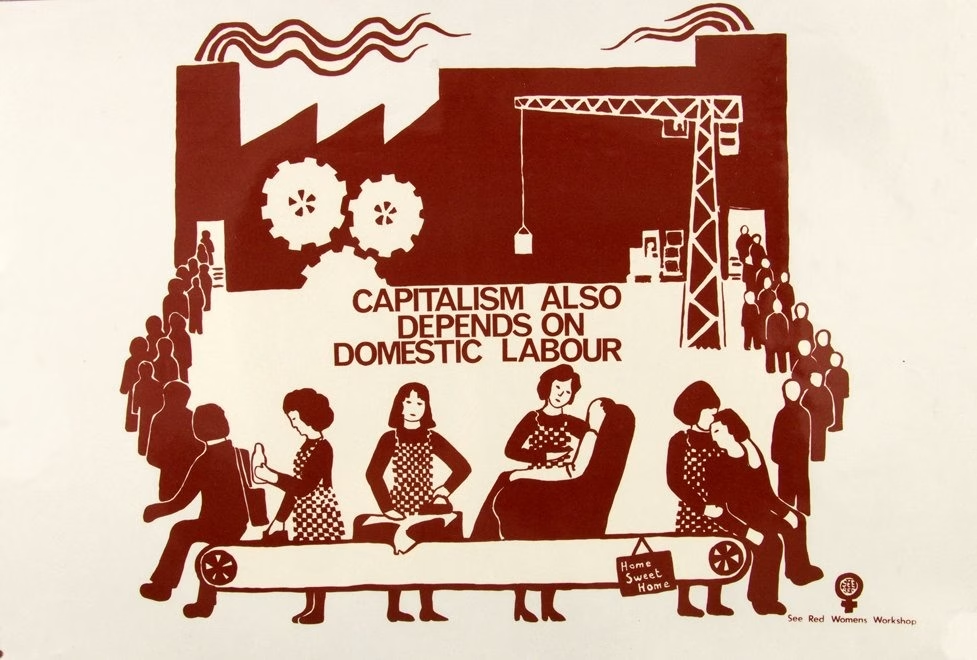
Here’s the hard truth: capitalism relies on women to provide massive amounts of unpaid labor—and motherhood is ground zero.
Cooking. Cleaning. Feeding. Nursing. Diapering. Soothing. Scheduling. Teaching. Remembering birthdays. Booking pediatric visits. Buying winter coats. Managing emotions. Managing chaos.
None of this is paid. Most of it isn’t even seen.
And yet without it, nothing else works.
The paid workforce only runs because someone is doing the unpaid labor at home. Historically, that someone has been women—mostly mothers. And the more isolated we are, the more exhausted we are, the more invisible our work becomes, the more profitable the system becomes.
That’s why the “Supermom” myth is so dangerous. It doesn’t challenge the system. It feeds it.
👉 If you’re in the baby stage and desperate for real support, check out The Science of Parenting Babies—my virtual village packed with research-backed guidance for your child’s crucial first 18 months. From sleep and temperament to connection and development, it’s everything you should’ve been handed at birth.
We Were Never Meant to Do This Alone
The idea that one mother should raise a child by herself, inside four walls, while working a job and staying fit and grateful and mentally well—that idea is new. And it’s inhumane.
It’s not biology. It’s not tradition.
It’s not love. It’s economics.
Today, mothers are finally starting to speak up.
We’re saying: It’s hard. It’s always been hard.
But instead of receiving help, we’re told to hustle harder. Be more grateful. Light a candle. Buy more self-care.
We don’t need another face mask.
We need childcare, paid leave, and a community.
So let’s stop calling it strength when a mother breaks in silence.
Let’s stop praising the women who hold it all together while falling apart.
Let’s stop hiding the truth:
Motherhood is not broken.
The system is.
And we were never meant to carry it alone.
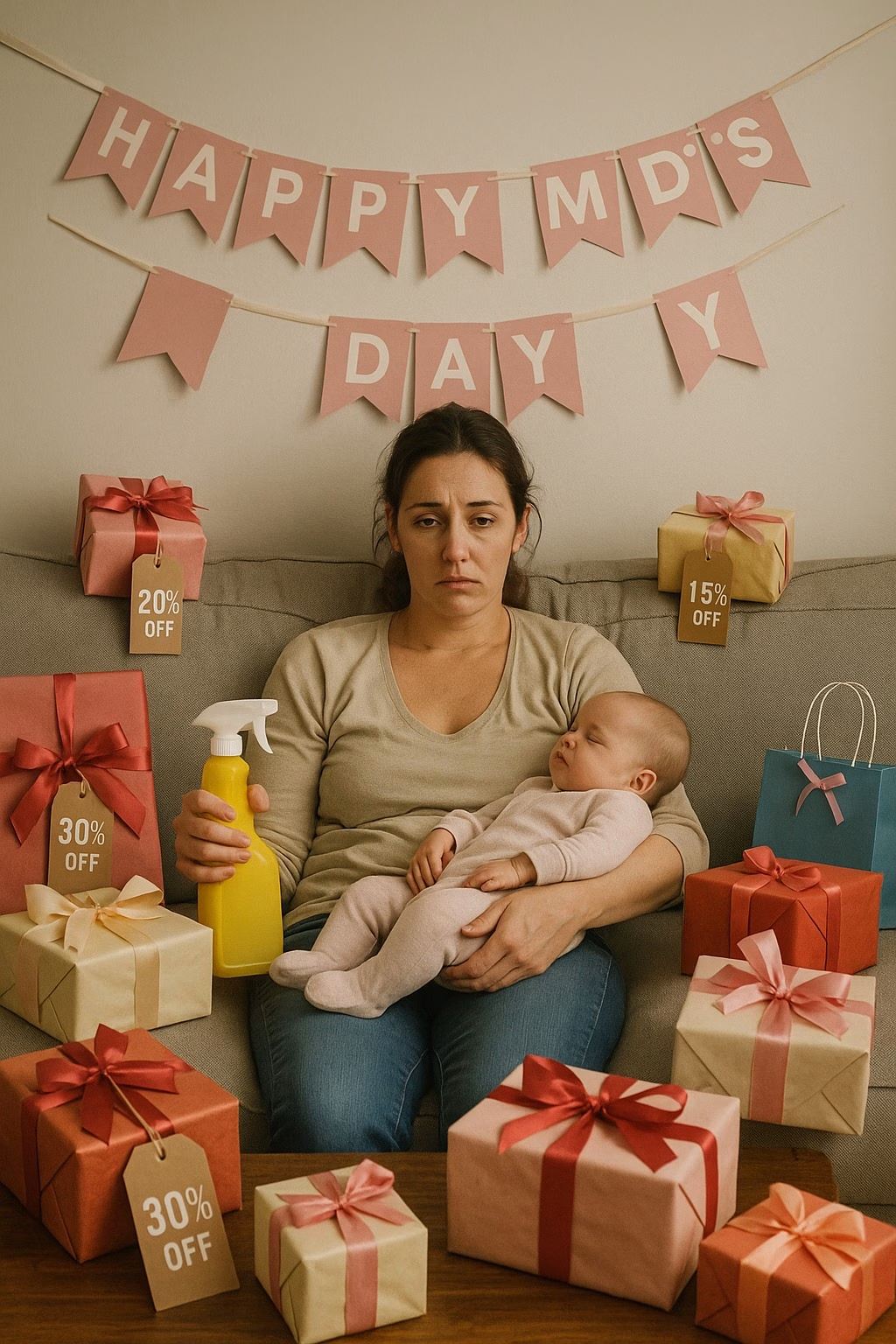
👉 If you’re in the baby stage and desperate for real support, check out The Science of Parenting Babies—my virtual village packed with research-backed guidance for your child’s crucial first 18 months. From sleep and temperament to connection and development, it’s everything you should’ve been handed at birth.
